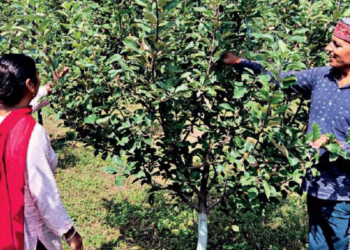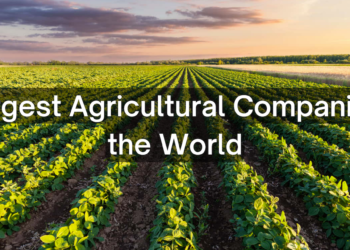TAD NewsDesk, Illinois: Restoration is one of the critical aspects of nature, and regenerative farming supports precisely that. To keep this practice going, McDonald’s had decided to partner with Cargill, the Walmart Foundation and World Wildlife Fund in a five- year plan to push farmers forwards towards using regenerative grazing habits in the Northern Great Plains across almost a million acres.
The Ranch Systems and Viability Planning network will equip the ranchers who form the basis of the country’s sustenance with various tools. These tools include technical expertise, training and tools, peer-to-peer learning and the use of regenerative cattle grazing habits. As one enhances these methods, the enhancement of soil health and its capacity to take up more carbon from the environment will end in diminished emissions, increased biodiversity and put a curb on climate change to an extent. Additionally, it will help ranches become sustainable and financially healthy for a long time.
The Northern Great Plain is facing is a menace from increasing croplands and urban expansion; meanwhile, they have a significant role in reinforcing biodiversity and carbon storage. Through sustainable management of ranches, one can make sure the carbon will not escape into the environment and will remain encapsulated.
With the addition of regenerative farming into a set of previously incorporated processes will further propagate climate in addition to the storage of carbon. In such a manner, both the ranchers, the environment and the planet suffer less.
Due to the harsh ecosystem of the Northern Great Plains, it is still able to retain its pristine nature. Its uncultivable climate has made farming quite tricky, although in the last few decades agriculture has started expanding to this region as well. The NGP holds up almost 1595 species of plants, 95 species of mammals, 300 species of birds and 38 species of reptiles. Additionally, the Missouri and South Saskatchewan Rivers along with slight prairie streams, riparian and wetlands habitations, are home to 13 species of amphibians and 121 species of fish.
Diligent ranchers keep the rest of the NGP ecosystem lively and well. Steppes have developed fit for grazing, and if well maintained, cattle grazing can provide many environmentally sustainable benefits like thriving steppes, better soil, and the conservation of essential habitations.
The alliance made today is after another partnership, i.e., to provide help to soil growth in Nebraska. These two projects put forward McDonald’s science-based goal to minimise emissions throughout their supply chain substantially, restaurants and workspaces by 2030.
In an old idiom they say,
“If you take care of the land, it will take care of you.”













